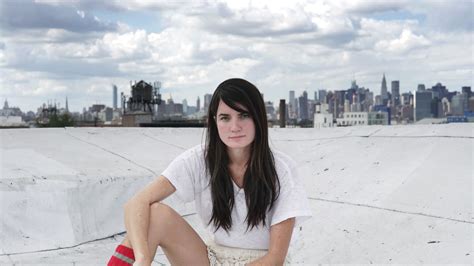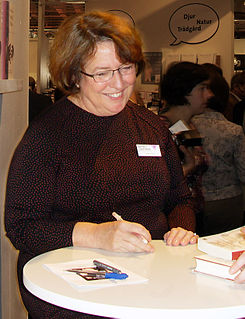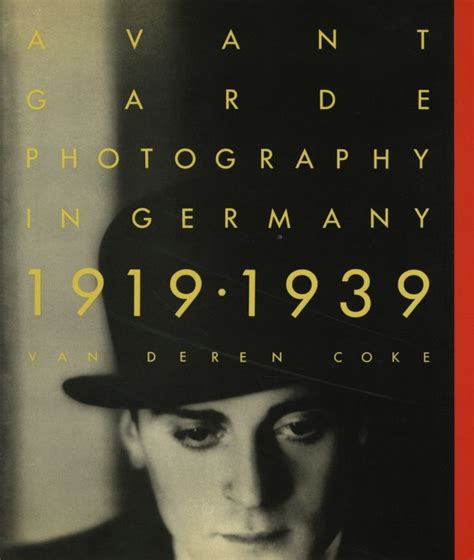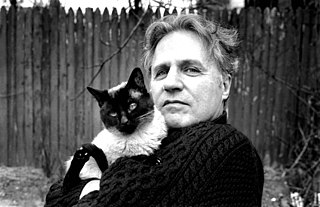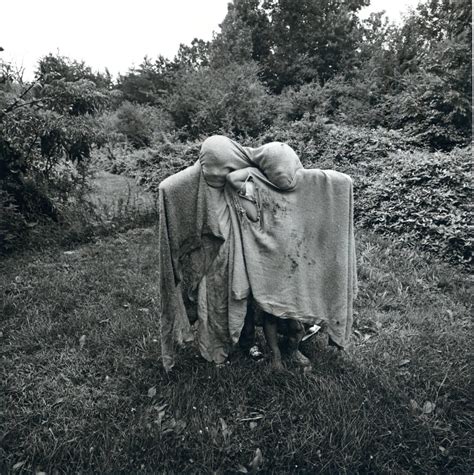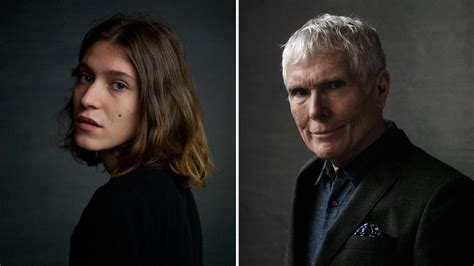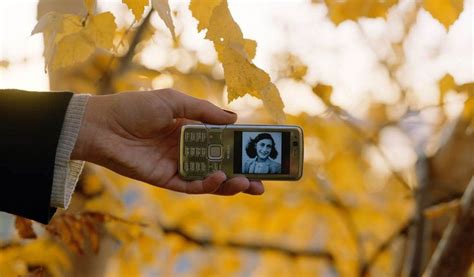A Quote by Thomas Struth
[I]n general, my work is less about expanding the possibilities of photography than about re-investing it with a truer perception of things by returning to a simple method, one that photography had from the beginning of its existence.
Related Quotes
To know whether photography is or is not an art matters little. What is important is to distinguish between good and bad photography. By good is meant that photography which accepts all the limitations inherent in photographic technique and takes advantage of the possibilities and characteristics the medium offers. By bad photography is mean that which is done, one may say, with a kind of inferiority complex, with no appreciation of what photography itself offers: but on the contrary, recurring to all sorts of imitations.
A work can do many things at once, and it doesn't have to be just about the world, it could also be about photography, it could be about perception, it could be an exploration of the medium. It could be a document, it could be a visual poetry, and it could be a formal exploration all at the same time.
I don't think it's necessary to put your feelings about photography in words. I've read things that photographers have written for exhibitions and so forth about their subjective feelings about photography and mostly I think it's disturbing. I think they're fooling themselves very often. They're just talking, they're not saying anything.
The first half of the 20th century belongs to Picasso, and the second half is about photography. They said digital would kill photography because everyone can do it, but they said that about the box brownie in 1885 when it came out. It makes photography interesting because everyone thinks they can take a picture.


